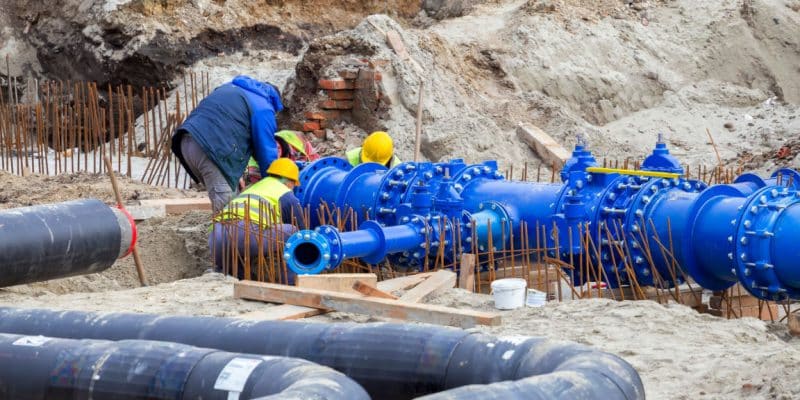At least 30 drinking water supply systems will be built in Burkina Faso to improve access to water and sanitation for vulnerable populations in six regions. The African Development Bank (AfDB) will finance the work with $43.16 million.
In Burkina Faso, the Drinking Water and Sanitation Services Improvement Project for Resilience Building (Pasepa-2R) will be launched shortly. The African Development Bank (AfDB) has just confirmed $43.16 million in funding for the project, consisting of a $24.18 million loan and an $18.98 million grant from the AfDB’s Transition Support Facility, a rapid disbursement mechanism. The government will use this funding to deploy Pasepa-2R in the Centre-Ouest, Centre-Nord, Centre-Sud, Nord, Plateau Central and Sahel regions over a five-year period.
Pasepa-2R involves the construction of 30 drinking water supply systems (AEP), consisting of 100 large boreholes, 200 autonomous water stations and 160 washhouses. The Burkinabe government plans to upgrade 30 existing drinking water systems.
Access to drinking water and sanitation for 470,000 people
In the Centre-West, Centre-North, Centre-South, North, Central Plateau and Sahel regions, access to sanitation will also be improved through the construction of 10,000 family latrines and 500 public latrine blocks. The facilities will also help reduce open defecation in Burkina Faso. The General Directorate of Drinking Water (DGEP) will coordinate the work.
Read also –
Overall, the Drinking Water and Sanitation Services Improvement Project for Resilience Building in Burkina Faso “will provide adequate access to drinking water for 370,000 people and sanitation for 100,000 people, 50% of whom are women, including internally displaced persons,” the AfDB says. Currently, the rate of access to drinking water in the West African country is 76%, according to the Sahel Alliance, an international coordination platform for the stabilization and development of the G5 Sahel countries, i.e., Mauritania, Mali, Burkina Faso, Niger and Chad.
Inès Magoum






